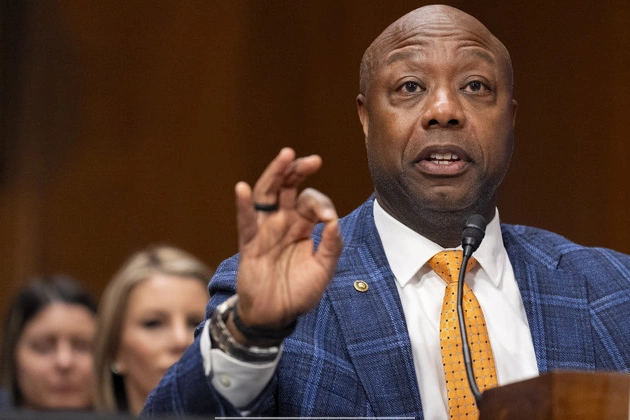
Senate Megabill Impact on South Carolina Hospitals
A provision in the Senate megabill could have significant repercussions for South Carolina hospitals and Medicaid expansion. The CEO of the South Carolina Hospital Association has raised concerns about the potential financial burden this bill may place on the state.
Republicans in red states like South Carolina have been hesitant to expand Medicaid under Obamacare, but the Senate bill’s proposed cuts could force them to reconsider. By reducing payments to hospitals that provide Medicaid services, the bill may push states towards Medicaid expansion as a means of balancing their budgets.
Challenges Faced by South Carolina Hospitals
The South Carolina Hospital Association estimates that the Senate proposal could cost the state over $2.3 billion annually, impacting the viability of the healthcare system as a whole. With limited options for budget balancing, Medicaid expansion may become the only feasible solution.
To address these concerns, the hospital association is seeking support from key state Republicans who have the influence to advocate for changes in the bill. By engaging with lawmakers like Sen. Tim Scott and Rep. Russell Fry, the association aims to protect the interests of South Carolina hospitals.
Medicaid Expansion as a Potential Solution
Expanding Medicaid could offer a lifeline to South Carolina hospitals facing financial strain under the Senate megabill. By making more low-income individuals eligible for Medicaid coverage, hospitals could offset the revenue losses resulting from the proposed payment cuts.
Under the current Senate proposal, states that have expanded Medicaid would also face additional challenges, including reductions in provider tax rates. While the path forward remains uncertain, stakeholders are actively working to address these issues before the bill’s passage.
Advocating for Healthcare Stability
As the Senate rushes to finalize the bill, stakeholders in the healthcare industry are mobilizing to protect the interests of hospitals and patients. By emphasizing the importance of maintaining stable healthcare funding, advocates hope to influence the final outcomes of the legislation.











